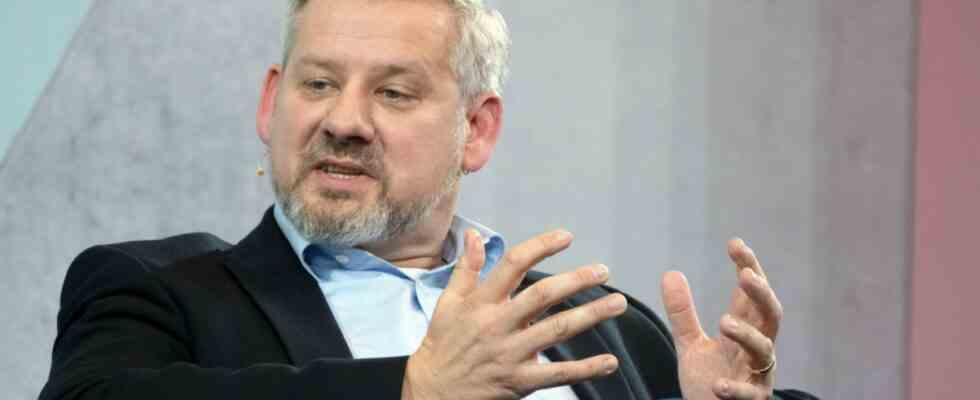And then came the pandemic. Suddenly took away what had only been questioned in a few companies before: the physical office. “When we used to talk about digitization, it was about the paperless office,” says Oliver Blueher, Germany boss of the software company Slack, in the SZ interview. “I’ve still experienced cubicles,” he says, areas in large rooms separated by partition walls. Then two-person offices were en vogue, and finally differently designed large rooms. “But the focus,” says Blüher, “was always on physical working environments, company headquarters were also a status symbol.”
The Covid pandemic cleaned up quite radically – fortunately the technology was so far that most companies, albeit some with a few teething problems, managed the leap into digital well. But what many did there was nothing more than a digital copy of the traditional way of working, says Blüher. That’s not enough for him. “We have to think further,” he says. Not everything that you used to do in the past was good. Not only does Blüher hardly ever send e-mails anymore, he has also changed the internal processes in his company.
About meetings. At Slack Germany, there was a weekly meeting where the marketing people reported on the state of affairs. “Above all, information was pushed there,” says Blüher, and there were hardly any interactions. The marketing people are now recording their presentation as a video. Anyone who would otherwise have attended the meeting must view it sometime that day and can then comment during the conference. “That creates flexibility.” Blüher is certain that physical meetings only make sense when it comes to creative processes and discussions.
It is obvious that ideas such as staggered meetings are implemented in a company like his. After all, it produces software that is intended to help with this. Slack claims to overcome the weaknesses of communication via email. However, it also allows machines to exchange data with each other and in this way can network different systems in a company, such as sales and production.
If you only know your colleagues from the screen
And how is Slack doing with the office now that lockdowns and restrictions are over? At first there was a phase when the office was almost full, says Blüher. That’s no wonder either, after all, Slack hired many new employees during this time who until then only knew their colleagues from the screen. In the meantime, that has leveled off again.
Meetings only take place on Fridays in exceptional cases, on this one internally Focus Friday On the day mentioned, the employees should have the opportunity to work through what otherwise – also because of many conferences – is left undone. “But it’s not about working for five on the remaining four days and then adding another one on Friday,” emphasizes Blüher. In the meantime, people are often questioning whether this or that meeting really has to take place.

